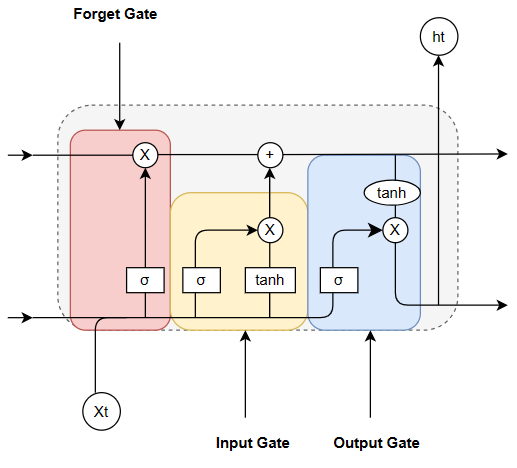Investigating the Impact of Multiple Inputs on Predicting Glucose Level in Individuals with Type-1 Diabetes through Deep Learning Technique
Main Article Content
Abstract
Type-1 Diabetes is a chronic auto-immune disorder featured by the disability of human body to produce insulin, an enzyme helps to digest carbohydrates. Insulin works with the take-up of glucose from the circulatory system into cells. Without sufficient insulin, glucose aggregates in the blood, prompting hyperglycemia. Uncontrolled hyperglycemia, whenever left untreated, can bring about dangerous intricacies, which can harm the vital organs. Managing type-1 diabetes presents huge difficulties for impacted people, as it requires a sensitive equilibrium of insulin administration, sugar consumption, active work, and cautious observing of blood glucose levels. Despite the progress made in type-I diabetes management, challenges persist. Achieving optimal blood glucose control remains elusive for many individuals. Understanding the complex interplay between these variables and their impact on blood glucose regulation is vital for emerging more effective treatment strategies.
Accurate and timely prediction of glucose level plays a critical role in the effective management of diabetes. Through this paper we aim at investigating the impact of multiple inputs on forecasting of glucose level in individuals with type-1 diabetes by means of deep learning techniques. In our paper, we use the Long-Short-Term-Memory (LSTM) network to study the forthcoming blood glucose pattern when various combinations if inputs, previous blood glucose reading, insulin administrated and carbohydrate intake are provided as inputs. We used the ShanghaiT1DM dataset for the study.

